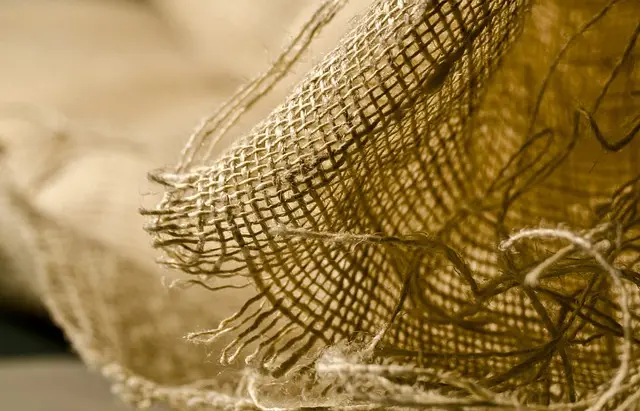Muscle soreness after intense workouts or labor can be managed with kratom magnesium, a combination of magnesium's calming effects and kratom's natural pain-relieving properties. Kratom, an ancient herb from Southeast Asia, interacts with opioid receptors and neurotransmitters to alleviate muscle spasms and stiffness, offering a promising natural solution for chronic muscle discomfort. When paired with magnesium, it enhances relaxation and reduces inflammation, providing an alternative or complementary approach to traditional pain management methods.
Experience muscle soreness relief naturally with kratom—a powerful herb gaining traction for its pain-relieving properties. This article delves into the science behind kratom as a natural remedy, exploring how it interacts with your body to alleviate discomfort. We’ll dissect the role of magnesium in enhancing kratom’s effectiveness, offering a holistic approach to muscle soreness relief. Understand the causes of muscle soreness and discover a potential game-changer for post-workout recovery.
- Understanding Muscle Soreness and Its Causes
- Kratom as a Natural Pain Reliever: The Science Behind It
- Exploring the Role of Magnesium in Alleviating Muscle Soreness with Kratom
Understanding Muscle Soreness and Its Causes

Muscle soreness is a common issue that can arise from various activities, including intense workouts, physical labor, or even everyday tasks that strain our bodies. It’s a sign that our muscles have been challenged and are undergoing adaptations to become stronger. However, when muscle soreness becomes persistent or severe, it can significantly impact our quality of life.
Several factors contribute to muscle soreness, primarily the breakdown of muscle fibers during exertion. This process leads to inflammation and subsequent pain. Incorporating kratom magnesium into your wellness routine may offer relief from this discomfort. Magnesium is an essential mineral known for its calming effects on muscles, potentially reducing inflammation and helping to alleviate sore muscles, especially after strenuous activities. Kratom, a natural herb with various compounds, has been studied for its muscle-soothing properties, making it a promising alternative or complement to traditional pain management methods.
Kratom as a Natural Pain Reliever: The Science Behind It

Kratom, derived from the leaves of the Mitragyna speciosa plant, has gained attention as a natural alternative for pain relief, including muscle soreness. This ancient herb has been used for centuries in Southeast Asia, and modern research is now backing up its analgesic (pain-relieving) properties. One key component that contributes to kratom’s effectiveness is its high magnesium content. Magnesium is known to play a crucial role in relaxing muscles and reducing inflammation, making it a popular ingredient in many over-the-counter pain relief medications.
The science suggests that kratom interacts with opioid receptors in the brain, similar to certain prescription painkillers, but without the same level of addiction potential. Its unique chemical profile allows it to interact with other neurotransmitters, such as dopamine and serotonin, which can further enhance its analgesic effects. Moreover, studies have shown that kratom’s magnesium content can help alleviate muscle spasms and stiffness, offering a natural solution for those seeking relief from chronic muscle soreness.
Exploring the Role of Magnesium in Alleviating Muscle Soreness with Kratom

Kratom, a natural herb known for its diverse therapeutic properties, has gained attention for its potential to relieve muscle soreness. Among its various components, magnesium plays a significant role in this process. Magnesium is an essential mineral that contributes to over 300 biochemical reactions in the body, including those related to muscle function and recovery. When combined with kratom, magnesium can enhance its soothing effects on muscles.
The interaction between kratom and magnesium works synergistically to reduce inflammation and relax muscles. Kratom’s active compounds interact with opioid receptors, providing pain relief, while magnesium helps calm muscular contractions and spasms. This dual action makes it a promising natural remedy for individuals seeking an alternative or complementary approach to managing chronic muscle soreness.
Kratom, enriched with magnesium, emerges as a potential natural solution for muscle soreness relief. By understanding the science behind its pain-relieving properties and the role of magnesium in this process, individuals can make informed decisions regarding their wellness. Further research and personal exploration may uncover even more benefits of kratom magnesium in various aspects of physical well-being.






